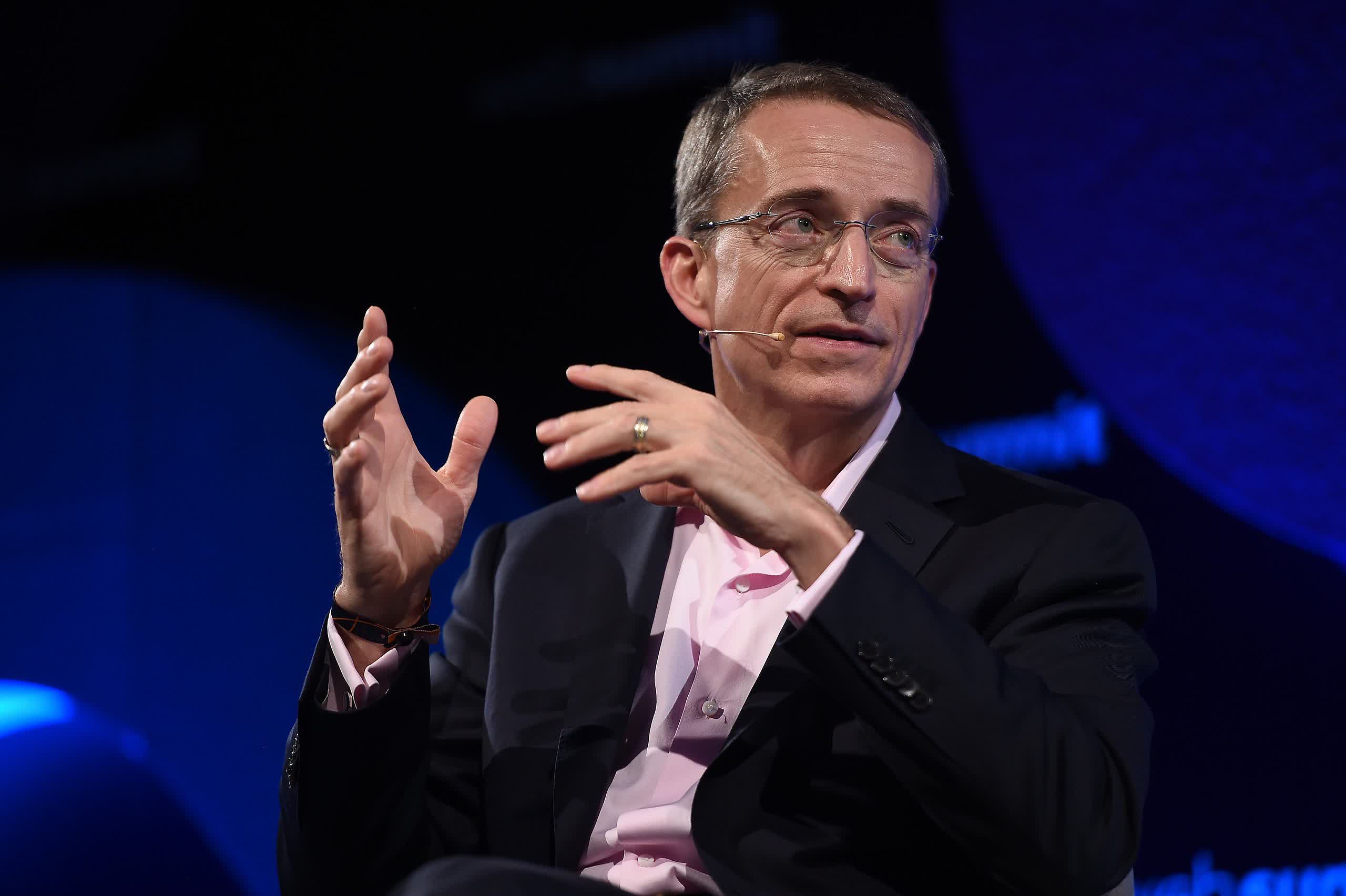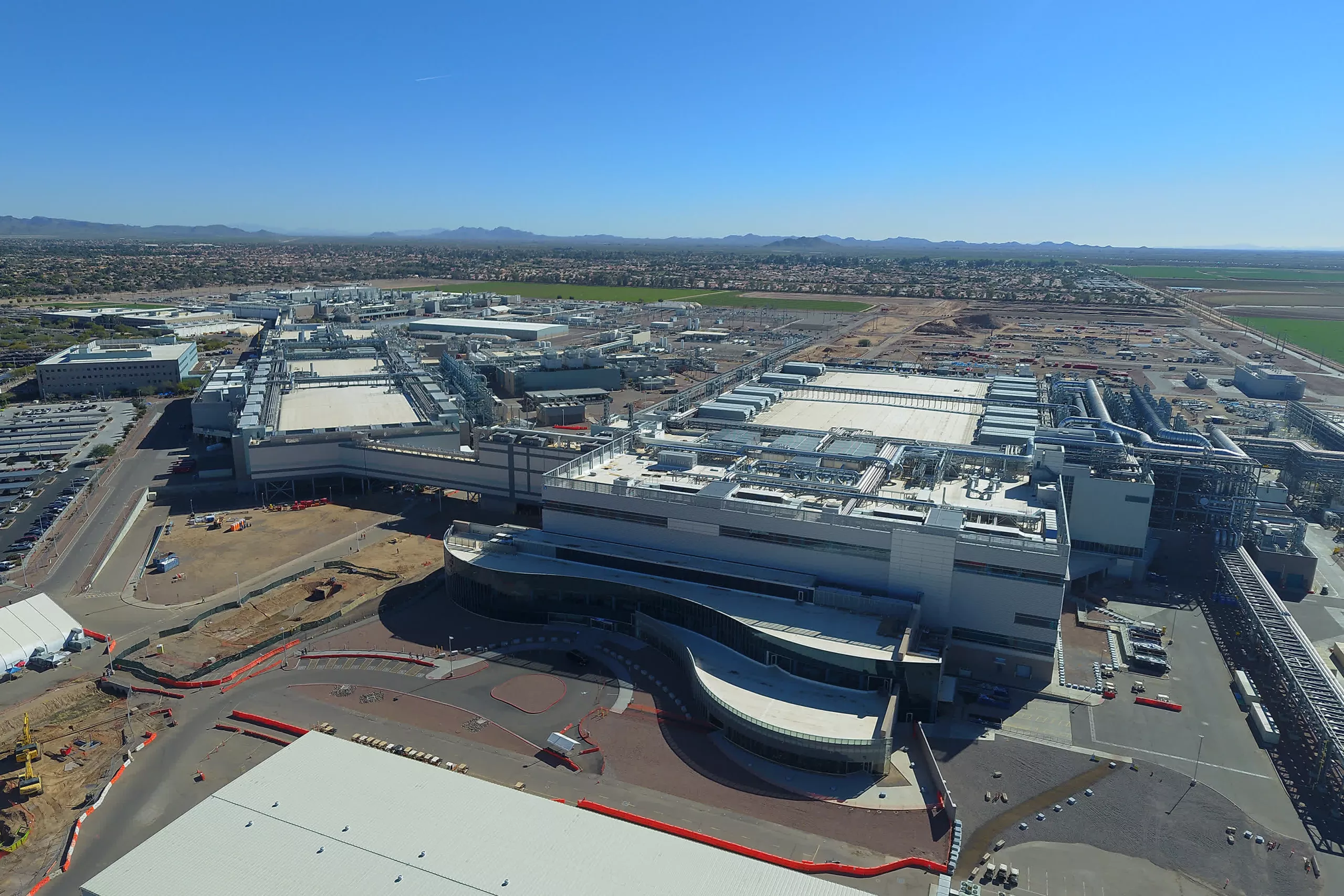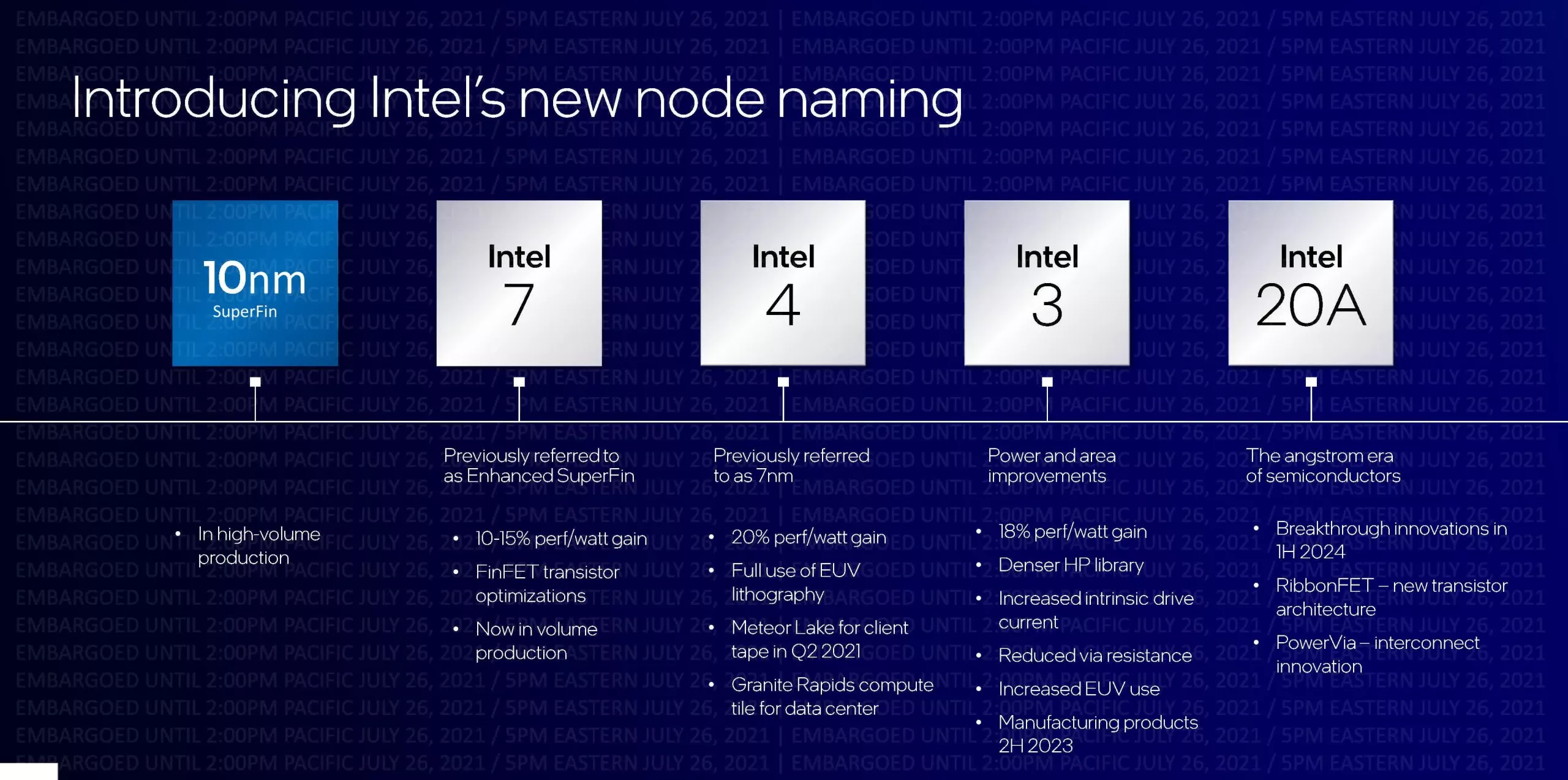What just happened? Pat Gelsinger has shaken things up throughout his brief time as CEO of Intel, placing a heavy focus on the company’s manufacturing operations and opening up its capacity to other chipmakers. He even proclaimed in October that “Intel is back.” But TSMC’s founder and former CEO thinks Gelsinger won’t turn Chipzilla into a global manufacturing leader for one simple reason: time is against him.

Morris Chang, the man who founded TSMC and served as its Chairman and CEO, made the comments at his lecture 'Cherish Taiwan's Advantages in Semiconductor Wafer Manufacturing,' reports UDN (via Tom’s Hardware). Chang wasn't being ageist. He noted that Intel, like many US companies, has a rule that its executives must retire at a certain age—65, in team blue’s case. Gelsinger turns 61 in March next year.
Update (12/14): An Intel spokesperson reached out to inform us that the company has updated the corporate officers' retirement age "for some time now." As such, corporate officers are no longer required to retire at age 65. The document (PDF) has been updated as recently as November 10, 2021, and reads that under the new policy, "non-employee directors may not stand for reelection after age 75."

Just over four years is no short span of time, but Intel's plans for dominance are long-term. However, the two Arizona chip plants that it broke ground on in September are expected to become fully operational in 2024. The plants are part of Intel's renewed IDM 2.0 strategy that involves its newly formed Intel Foundry Services (IFS) division manufacturing chips for others. Intel is talking to over 100 companies for foundry work, and two of the first high-profile customers will be Amazon and Qualcomm.
The factories are set to produce chips using Intel's 20A process, the first to use its "RibbonFET" version of Gate-All-Around (GAA) transistors and PowerVia interconnects.

Gelsinger himself has said that Intel’s IDM 2.0 initiative will help it compete against TSMC, Samsung, GlobalFoundries, UMC, and others by 2025, which would still be within his tenure as boss. And depending on his level of success, the Intel board could decide to retain its current CEO's services after he turns 65.
Some of what Chang says could be a response to Gelsinger publicly warning against the dangers of relying on Taiwanese chipmakers given China’s threatening activities in the region. "Taiwan is not a stable place," said Gelsinger, speaking at Fortune Brainstorm Tech, reports Nikkei. "Beijing sent 27 warplanes to Taiwan's air defense identification zone this week. Does that make you feel more comfortable or less?"
Gelsinger also said the US government should subsidize domestic companies exclusively when spending the $52 billion it has set aside for semiconductor funding. The comment didn’t go down well with current TSMC chairman Mark Liu. "It will be very negative for the United States to subsidize only American companies," Liu said. "Unlike Intel, TSMC is very positive about non-U.S. chipmakers expanding capacity in America. It is a great thing."
https://www.techspot.com/news/92558-tsmc-founder-thinks-pat-gelsinger-age-prevent-intel.html